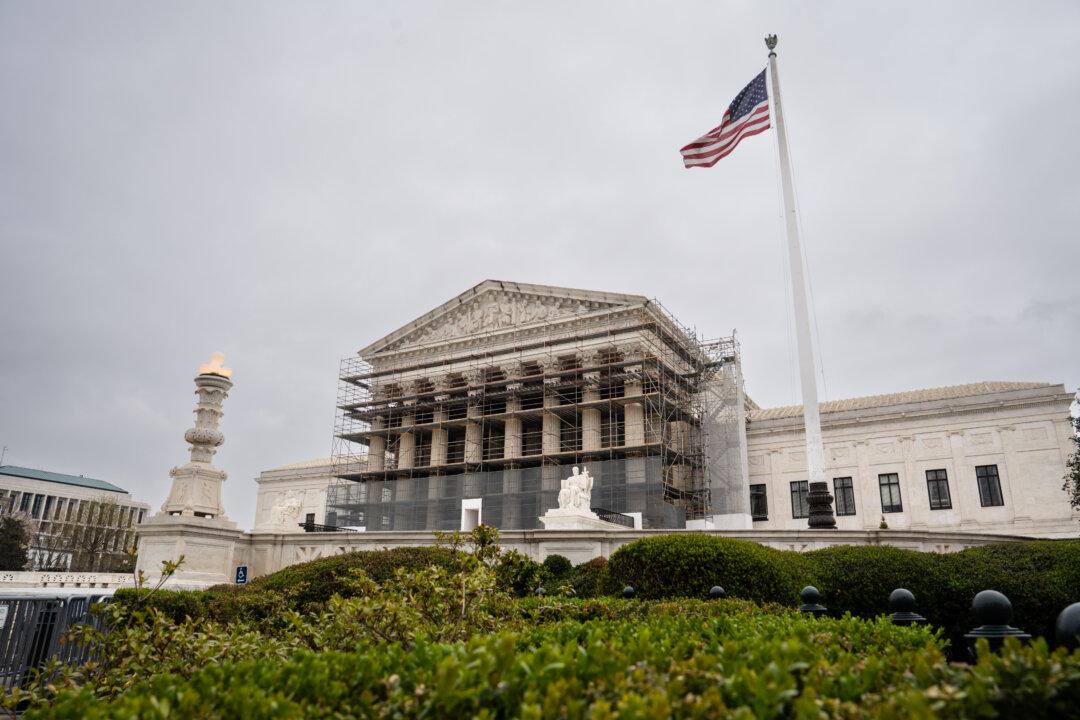The Supreme Court decided on May 5 not to hear a challenge to the federal government’s approval of a major offshore wind project off the Massachusetts coast.
The court’s decision came without comment in an unsigned order in Seafreeze Shoreside Inc. v. Department of the Interior. No justices dissented. The lead petitioner, Seafreeze Shoreside, is a seafood processing company.





